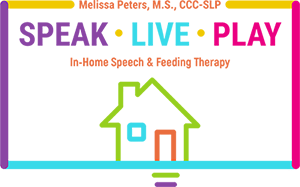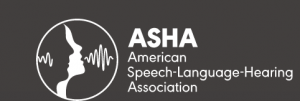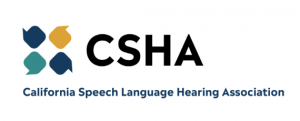Communication Tips for People with Aphasia
Understanding Aphasia: What Happens When Communication Gets Hard
Aphasia is a tricky problem with language. It happens when things like strokes, brain injuries, infections, or certain diseases mess up how we talk and understand words. It can make it tough to speak clearly, understand what others are saying, read, write, or use hand gestures to communicate.
People with aphasia find it hard to say what they mean and understand what others are saying. This makes it really challenging for them to communicate with others.
Understanding Aphasia: Its Impact on Daily Life
Aphasia isn’t just about having trouble with language. It can make people feel lonely, sad, and worried. Imagine not being able to say what you’re thinking or feeling clearly. It’s like having a word puzzle in your head that you can’t solve, no matter how hard you try. This condition affects how people communicate, making everyday tasks challenging.
For example, imagine going to the store and not being able to ask for what you need. Or trying to tell a story to your friends but struggling to find the right words. These situations can be frustrating and make people with aphasia feel isolated.
Understanding Aphasia: The Causes Behind It
Aphasia happens when there’s a problem with the brain, usually due to things like strokes, head injuries, infections, or diseases like Alzheimer’s.
Imagine your brain is a city that needs a steady flow of resources like oxygen and nutrients to function properly. A stroke happens when something blocks the roads that bring these resources to your brain. This blockage can be like a traffic jam caused by a blood clot or a road getting damaged. Without enough resources, parts of your brain can’t work as they should. This can lead to trouble with talking, understanding words, or both.
The Importance of Speech Therapy: Bringing Hope and Assistance for Communication Recovery
Speech therapists, also called speech-language pathologists (SLPs), are similar to the team at Speak Live Play. They have a crucial role in aiding individuals with aphasia, a condition that makes communication challenging, to regain their ability to speak and discover alternative ways to express themselves. Speech therapy serves as a beacon of hope and a supportive guide on the path toward improved communication skills and a more fulfilling life.
When you have trouble expressing yourself or understanding what others say due to aphasia, speech therapy steps in to lend a helping hand; it’s like having a coach who teaches you new strategies and techniques to communicate effectively. These therapists work closely with you to strengthen your speech muscles, practice speaking clearly, and boost your confidence in conversations.
Tips for Talking with Someone Who Has Trouble Speaking
When you talk to someone who has trouble speaking because of something like aphasia, here are some helpful things to keep in mind:
- Treat Them Like Adults: Remember, aphasia affects their language skills, not their intelligence. Respect them during your conversations.
- Minimize Distractions: Find a quiet place without a lot of noise or things to look at. This helps them focus better.
- Get Their Attention First: Make sure they’re paying attention to you before you start talking. It helps them understand you better.
- Keep It Simple: Use clear and short sentences. Don’t make things complicated, and speak at a normal pace.
- Speak normally: there’s no need to shout because they can hear you well enough.
- Ask for Clarification: If you don’t understand something, ask them to explain. Please don’t pretend you know what they mean.
- Give Them Time to Respond: Be patient and let them take their time to reply. Don’t rush them or talk to them.
- Include Them in Conversations: Talk directly to them and involve them in discussions.
- Ask Yes/No Questions: Make it easier for them to answer by asking questions that can be answered with a yes or no.
- Offer Clear Choices: When making decisions, give them clear options to choose from.
- Use Pictures or Gestures: Sometimes, showing pictures or using hand signals can help them understand better.
- Try Communication Apps: There are apps made for people with aphasia that can help them express themselves better.
By following these tips, you can have better conversations and make communication easier for someone with aphasia.
Enhancing Communication and Connection with Aphasia
To sum up, when you’re talking to someone with aphasia, it’s important to be patient and understanding and use practical ways to communicate. Please treat them with kindness, create a supportive atmosphere, and use effective communication methods. This helps improve their quality of life and lets them build meaningful connections even though they have aphasia. Working with speech therapists and using modern communication tools can also help them communicate better and feel emotionally well. If you want to learn more about aphasia, don’t hesitate to reach out to Speak Live Play for more information.





